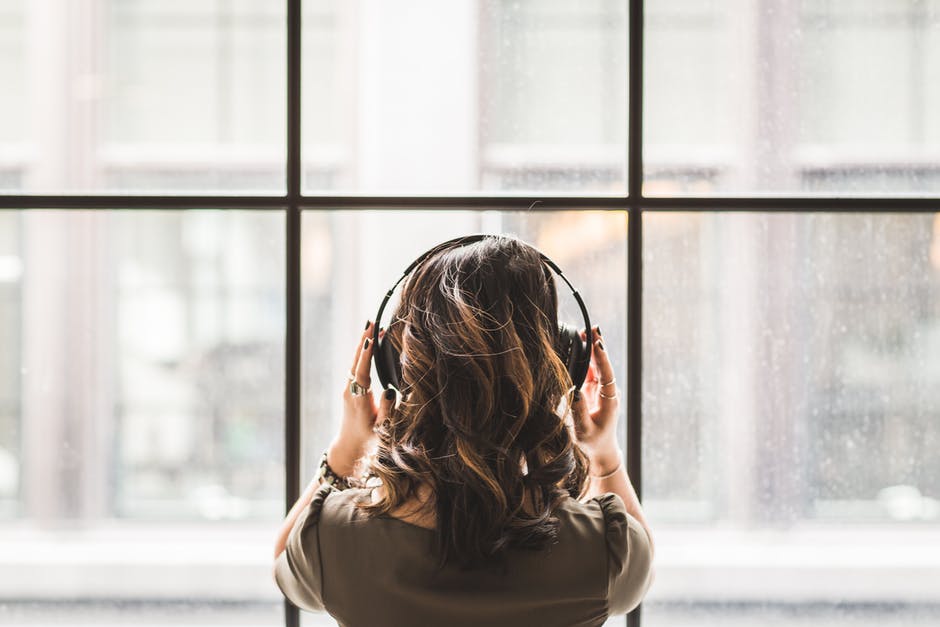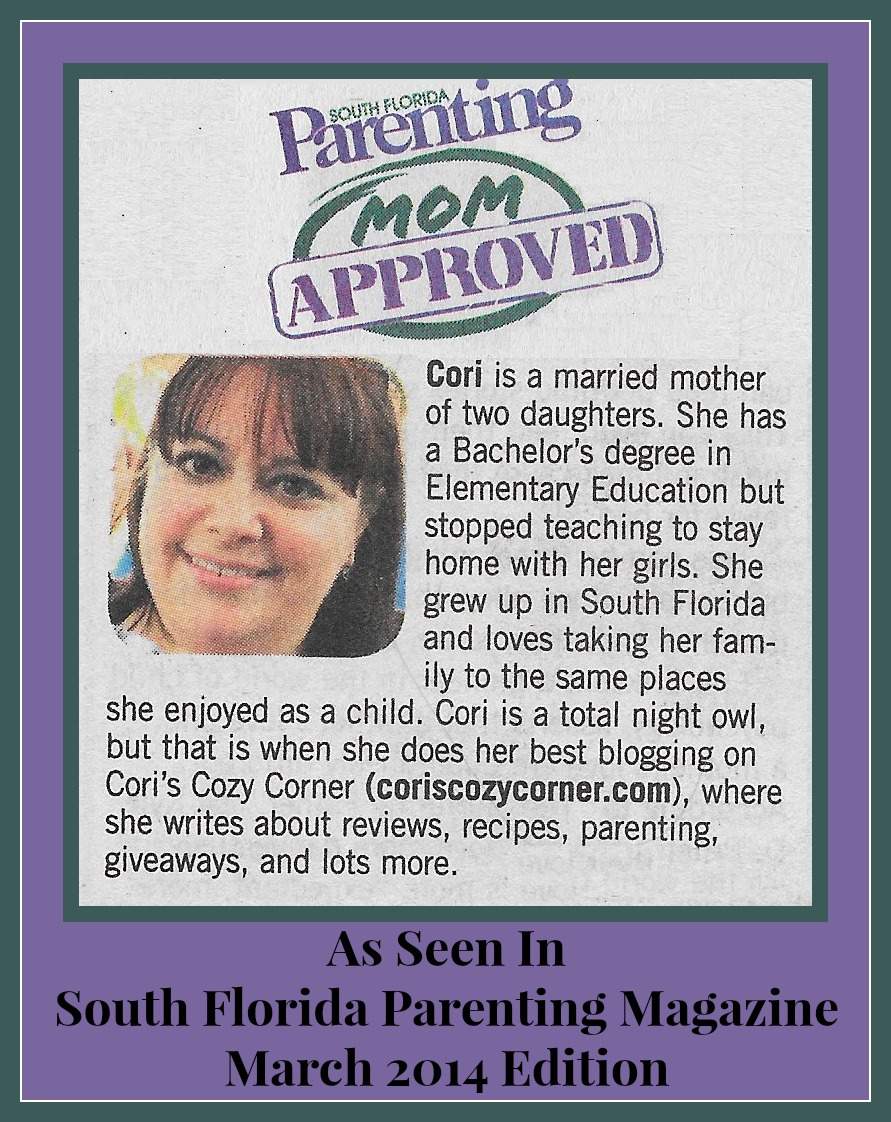We are all familiar with the stock character of the older individual who has trouble hearing. However, hearing issues can affect people of all ages, so it is absolutely essential that you have a thorough understanding of auditory health. This will allow you to identify the early warning signs of problems, recognise symptoms and be able to seek out help when you find difficulty in hearing or are experiencing abnormalities. Here are a few things to keep in mind at all times and a few different ways to keep on top of your hearing and the health of your ears in general.
Causes of Hearing Impairment
Hearing impairment can have a profound effect on your life. Afterall, most of us rely on our sense of sound to communicate with one another effectively and recognise danger. That’s not to mention enjoying music or sounds such as the pitter patter of rain against a window pane. So, it’s important that we are all well aware of the causes of hearing impairment, which can range from mild to moderate, severe and profound. Some causes of hearing loss are unpreventable: a baby may be deprived of oxygen at birth, or certain drugs or illnesses may have been present in the mother’s system during pregnancy. Sever jaundice in newborns can also have profound effects. Other causes can be acquired at any time in an individual’s life, for example, chronic ear infections, head or ear injury, the use of certain drugs or the aftereffects of certain illnesses (such as meningitis, mumps and rubella).
Hearing Products
If you or are loved one are experiencing hearing impairment, there are numerous hearing products on the market and in development that may be able to help reduce the severity of the effects of the condition. Hearing aids are perhaps the most common and recognisable of these. While they may not reinstate hearing, they do help to amplify sounds, allowing individuals who are hard of hearing to recognise sounds more clearly. A professional audiologist will be able to identify whether you require hearing aids and will also be able to fit them for you. Other options can include cochlear implants and assistive devices for day to day use.
Recognising the Early Signs
While you and your loved ones may not be in need of consultation or hearing products at this specific moment, you can train yourself to recognise the early signs of hearing loss. This will allow you to seek treatment of your own or on someone else’s behalf sooner rather than later. Indications of hearing loss include numerous requests for people to repeat what they’ve said, a lack of reaction when spoken to or faced with a sudden noise, speaking loudly and having the television or radio on too loudly for those who are fair of hearing.
So, there you have it! It’s absolutely essential that you monitor your hearing and the hearing of those you love in order to keep on top of bothersome symptoms or debilitating effects of hearing loss.






